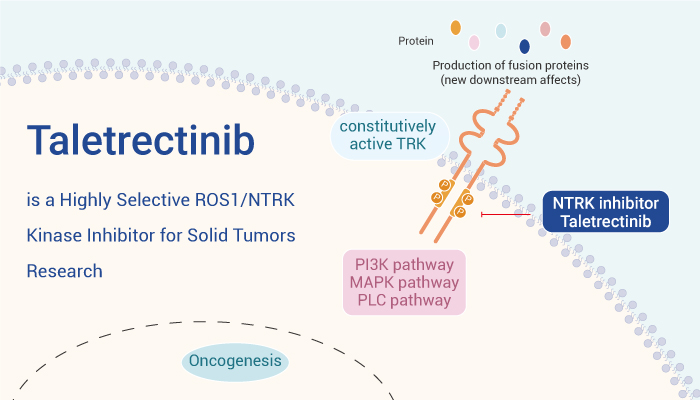A research team at UMC Utrecht has pioneered a cutting-edge method to efficiently isolate a particular subset of gut bacteria, known as “IgA-coated” bacteria, from fecal samples. These bacteria, marked by immunoglobulin A (IgA) antibodies, have been linked to a variety of diseases, and this novel technique may provide critical insights into the mechanisms behind these associations, potentially leading to new therapeutic approaches.
The gut microbiome, the diverse collection of microbes in our intestines, plays a pivotal role in training the immune system to recognize and react to external threats. This microbial community is crucial in shaping our immune responses to various diseases.
At the core of this interaction between microbes and immune cells are antibodies, with IgA being the most abundant antibody type found in the intestines. IgA plays a key role by binding to specific gut bacteria, marking them for immune recognition. Under normal conditions, about 35% of gut bacteria are coated with IgA.
The Role of IgA-Coated Bacteria in Disease
In individuals suffering from intestinal inflammatory diseases, the proportion of IgA-coated bacteria is notably higher. Alterations in the composition of this specific bacterial subset have been identified in conditions such as allergies, asthma, irritable bowel syndrome (IBS), multiple sclerosis, and inflammatory bowel disease (IBD).
While associations between IgA-coated bacteria and these diseases have been established, the exact role these bacteria play in health and disease remains unclear. Understanding the mechanisms behind these changes could be key to developing novel strategies for treating these conditions. Unfortunately, current methods for studying IgA-coated bacteria are time-consuming, inefficient, and costly.
A Revolutionary New Technique
In light of these challenges, researchers Dr. Marcel de Zoete and Prof. Bas Oldenburg at UMC Utrecht set out to develop a more efficient method for isolating IgA-coated bacteria from human stool samples. The team’s solution involves binding tiny magnetic beads to the IgA antibodies that coat the bacteria. When the samples are exposed to a magnetic field, the IgA-coated bacteria are captured, while other bacteria are easily washed away, streamlining the process.
This innovative method, known as next-generation IgA-SEQ, significantly improves the speed and efficiency of isolating IgA-coated bacteria. In comparison to traditional methods, which often require slow and labor-intensive processes, next-generation IgA-SEQ offers a faster, more scalable solution without compromising the quality of results.
Through a series of extensive experiments, postdoctoral researcher Dr. Merel Van Gogh and Ph.D. candidate Dr. Jonas Louwers demonstrated that next-generation IgA-SEQ produced comparable results to conventional techniques, but with the added advantage of high-throughput capabilities. Additionally, this method allows for comprehensive bacterial DNA sequencing, enabling a deeper understanding of the microbiome.
The findings were published in the journal Microbiome.
Dr. de Zoete emphasized the significance of the new method, stating, “Next-generation IgA-SEQ is an invaluable tool for advancing our understanding of the role IgA-coated bacteria play in health and disease. By identifying specific immunostimulatory bacterial strains, we can investigate their potential to either exacerbate or alleviate symptoms of conditions like IBD.”
He further stated that the widespread adoption of this technology could shed light on the broader role of the microbiota in systemic inflammatory disorders, opening the door to new therapeutic avenues.
Commentary by YourDailyFit columnist Alice Winters

The development of the next-generation IgA-SEQ technology by UMC Utrecht is a significant leap forward in microbiome research, particularly in understanding the complex relationship between gut bacteria and various diseases. While the presence of IgA-coated bacteria has long been associated with conditions like inflammatory bowel disease (IBD), allergies, and even multiple sclerosis, the exact mechanisms behind these associations remain elusive. This new isolation method could be the key to unlocking those mysteries, providing a more detailed view of how the gut microbiome influences health and disease.
One of the most notable aspects of this new approach is its ability to handle large volumes of samples while maintaining high-quality results. This efficiency could significantly accelerate the pace of microbiome research, which has often been hindered by the limitations of traditional, slower techniques. The ability to capture IgA-coated bacteria with precision allows for a more thorough examination of the gut microbiome’s role in immune response regulation.
The method’s potential for high-throughput analysis is particularly noteworthy, as it could enable researchers to track and identify specific bacterial strains that influence disease development or progression. Such insights could be pivotal in crafting targeted therapies that either modulate the microbiome or leverage specific bacteria to treat conditions like IBD or autoimmune diseases.
However, while the promise of next-generation IgA-SEQ is clear, it is crucial to remain cautious about the broader implications of this technology. While the method allows for efficient bacterial isolation, understanding how these bacteria interact with the host’s immune system will require more than just identifying them. Detailed mechanistic studies will be needed to pinpoint the precise ways in which IgA-coated bacteria contribute to disease processes. This will likely involve not only microbiome sequencing but also integration with other forms of biological data, such as immune profiling and clinical outcomes.
Moreover, while the potential therapeutic applications of this technology are exciting, its practical application in clinical settings remains distant. Translating these findings into effective, widespread treatments will require overcoming significant hurdles, such as developing safe and effective microbiome-based therapies.
In conclusion, next-generation IgA-SEQ represents an exciting advancement in microbiome research, offering the potential to revolutionize our understanding of gut bacteria’s role in disease. However, as with all promising scientific innovations, further research will be essential to fully realize its therapeutic potential.



